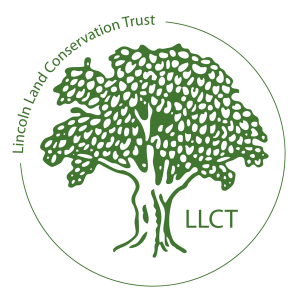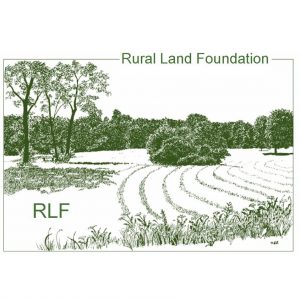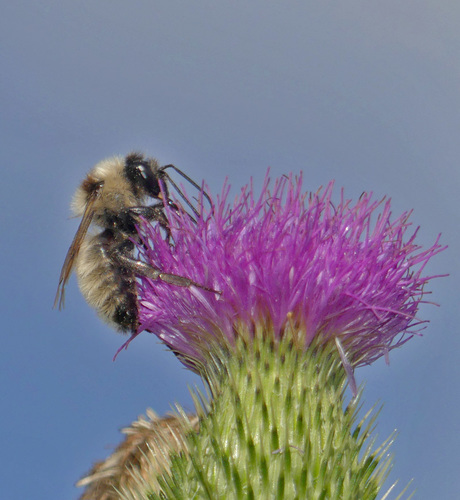
This talk is a first in a series of programs in 2020 kicking off a Lincoln Pollinator Action Plan initiative that invites everyone in the community to get involved. Dr. Robert Gegear, professor of biology at UMASS Dartmouth and director of The Beecology Project, will give a foundational talk discussing the critical need to protect and restore native pollinator systems, and how we will carry out this work in Lincoln.
Free. All are welcome.
About the Talk
As ‘keystone species’, all native pollinators have a positive impact on the survival of wildlife at different trophic levels. No native pollinators equals loss of biodiversity and eventual ecosystem collapse. —Dr. Gegear
A major misconception exists that seeing lots of ‘bees’ means a landscape is healthy and ‘pollinator-friendly’. In fact, there is an important and significant difference between attracting an abundance of just a few species and in sustaining a diversity of native pollinating insects. Dr. Gegear will provide an introduction to the intricacies of this subject, with a particular focus on our native bumblebees. He will discuss pollination systems— exploring the needs of both native pollinators and native plants— to help us develop conservation strategies that will restore functionally diverse, native ecosystems that ensure biodiversity and climate resilient landscapes.
About the Speaker
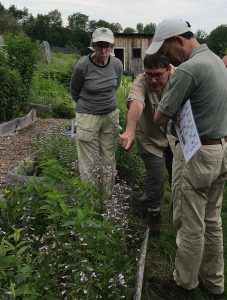
Dr. Robert Gegear is an Assistant Professor of Biology at the University of Massachusetts, Dartmouth. His research interests include the conservation of native pollination systems, floral evolution, and bumblebee ecology. The Gegear Lab at UMASS Dartmouth researches the neuroecology and conservation of plant-pollinator interactions through integrative experimental approaches from fields such as animal behavior, human psychology, molecular biology, community ecology, and computational biology. Previously Dr. Gegear taught at Worcester Polytechnic Institute where he founded The Beecology Project, funded by the National Science Foundation. This initiative uses citizen science to collect much-needed ecological data on native pollinator species and pollinator habitat.
About the Project
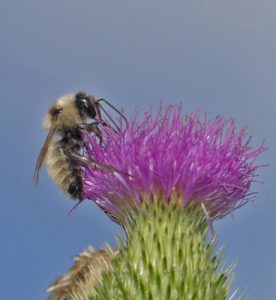
The Lincoln Pollinator Action Plan: “Planting the Way for Biodiversity and Climate Resilience” is a project developed by the Lincoln Land Conservation Trust in partnership with Evan Abramson of LandscapeInteractions and Dr. Robert Gegear, a professor of biology at UMASS Dartmouth. We propose to create a roadmap for biodiversity and climate resilience across the Town of Lincoln by rebuilding functionally diverse native ecosystems, through site-specific planting palettes and pollinator habitat designs that are based on scientific study. By incorporating multiple Case Study sites representing a wide array of land uses, landscape scenarios, ecological habitats, and aesthetics, Native Plant and Pollinator Toolkits will be developed that can be applied to sites across town, including on conservation, public, and private land, and beyond! Everyone is encouraged to participate along the way by helping to build a pollinator corridor across the town of Lincoln and through citizen science action. Find out more at: lincolnconservation.org/pollinators
